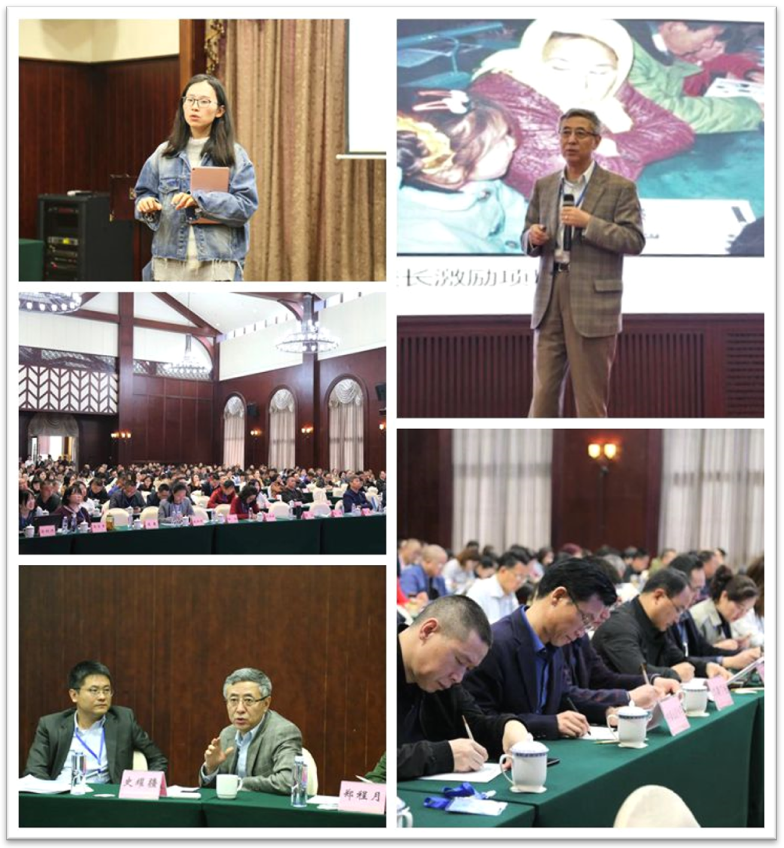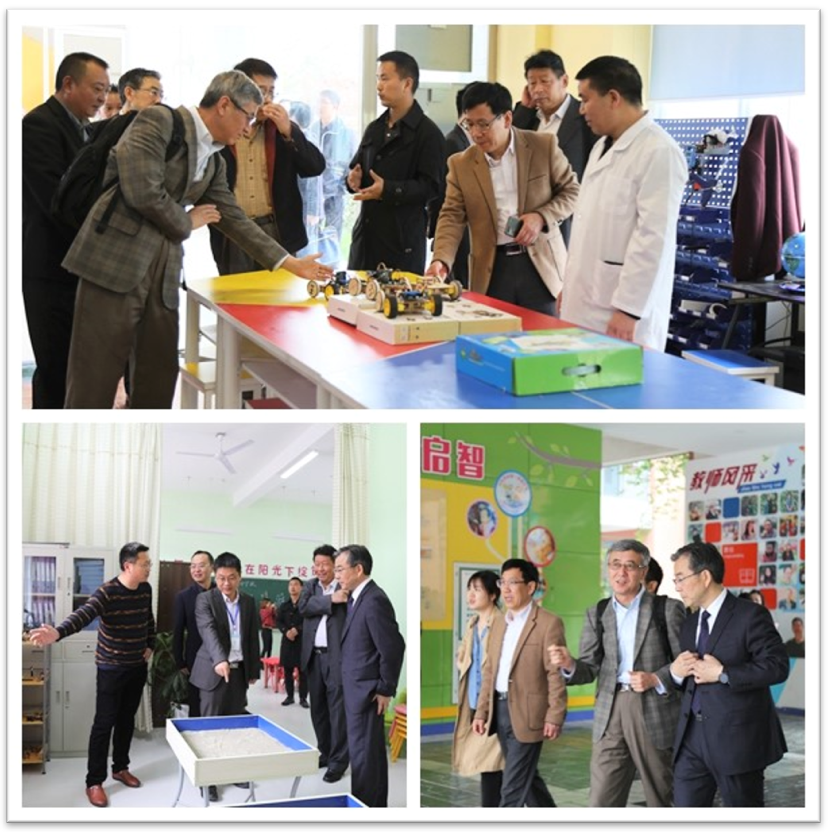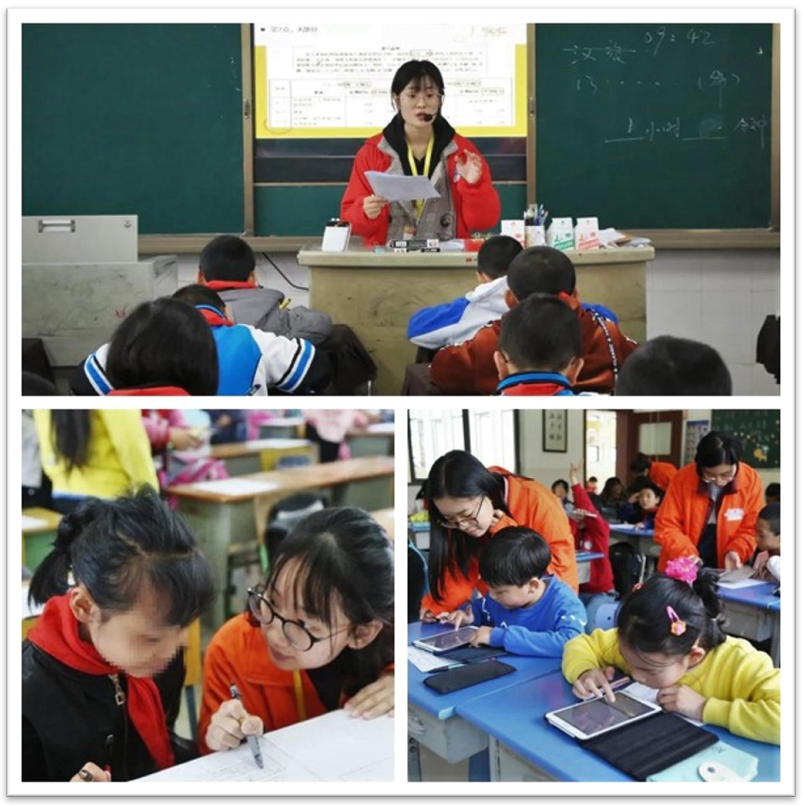On April 18–19, 2019, The 3rd Forum on Migrant Children was held in Mianzhu city, Sichuan province. This year, it was hosted by the Institute for Economic and Social Research (IESR) and the Mianzhu Bureau of Education. Various scholars, educators and government representatives gathered to discuss most fundamental issues of migrant children in today’s China and therefore give impetus to effective policy action throughout the country.
This year’s forum participants: National Working Committee on Children and Women under the State Council, National Health Commission, China Development Research Foundation, National Institute of Education Sciences, Peking University, Renmin University of China, Shaanxi Normal University, Shanghai Normal University and Jinan University.
On the first day of the 3rd National Policy Discussion Forum on Migrant Children, 4 keynote presentations were delivered thus laying the grounds for heated policy discussions in the afternoon.
Education Problem of Migrant Children and Its Lasting Impact on Social Impoverishment
“Around 70–80% of current migrant children population in China are those who moved from rural to urban areas, rather than other way around. Research shows that one of the major reasons driving families to relocate to cities is a pursue of education for their children. Thus, any education problems that they encounter may have a lasting effect on the social impoverishment as well as other issues in the society.”
– Qian Wang, Elderly Health Commissioner at National Health Commission
Students in Difficulty: A Solution from Mianzhu
“Currently, there are 40,000 students in Mianzhu living in difficulty, which requires 67 million RMB to support them. Only by means of strong government leadership, cross-department collaboration and shared responsibility we could truly make a difference.”
– Bo Peng, Secretary at Mianzhu Working Committee for Education and Head of Mianzhu Bureau of Education
From Action Research to Policy Advocacy
“Pilot study indicates that the nutrition, health and education intervention lead to significant improvement of children’ cognitive development over short period of time. However, the efficiency of nutrition intervention tends to decrease with age and thus calls for further intervention in the later stages of children development.”
– Yaojiang Shi, Head and Professor at the Center for Experimental Economics in Education (CEEE), Shaanxi Normal University
Being “Left Behind”: How Does It Shape Children’ Non-Cognitive Development?
“The number of boarding schools as well as migrant children enrolled in them has gradually increased over the period of 1987–2016. These students face a range of challenges that have to do with mental health, physical development, learning progress and even bullying at school. The study raises particularly strong concern over children’ non-cognitive development – the state of being “left behind” has a significant effect on students’ non-cognitive skills and therefore their overall learning progress.”
– Yingquan Song, Research Associate of China Institute for Education Finance Research (CIEFR), Peking University

The 3rd Forum on Migrant Children 2019
The next day, forum participants visited three local schools in Mianzhu to examine its capacity to support educational needs of left-behind children in the area. As the last year’s Longitudinal Study of Children’s Development in Mianzhu (LSCD 2018) shows, the percentage of left-behind children in two of those schools – Hanwang School and Jiulong School (Mianzhu School of Special Education was not included in the original survey), is 47.8% and 45.5% respectively.
As visitors noticed, all three schools are very different in nature. Hanwang School attaches key importance to nurturing children innovative skills, Jiulong School provides children with home-like environment to enhance their learning achievements, whereas Mianzhu School of Special Education, as the name suggests, is specifically designed for children with special education needs.
Without no doubt, according to this year’s forum participants, these schools could serve as an outstanding example of addressing and effectively dealing with different children needs on a broader scale.

Visiting schools in Mianzhu
Later that day, our Dean Professor Shuaizhang Feng presented the official report on Longitudinal Study of Children’s Development in Mianzhu (LSCD) for 2018.
In respect to enormous scale of internal migration in China over the past decade that resulted in over 60 million left-behind children lacking family and social support, IESR has been actively engaged in the research on migrant and left-behind children for the past few years. In 2017, our Survey Data Center (SDC) has launched LSCD.
The survey seeks to understand cognitive/non-cognitive development of left-behind children, identify the main influencing factors and explore the effects of early childhood interventions. Survey data is used to support academic research on children development and make policy proposals to the Ministry of Education and schools across the country. James J. Heckman, a Nobel Laureate and Henry Schultz Distinguished Service Professor of Economics at The University of Chicago, acts as the advisor to this survey.
The survey collects data from over 6,000 primary students in grades 4 to 6 (guardians and teachers included) each year. Up to this day, Longitudinal Study of Children’s Development in Mianzhu has completed two waves of survey in 2017 and 2018.

Longitudinal Study of Children’s Development in Mianzhu 2018
LSCD 2018 survey has collected data of 6198 primary students from 18 different schools in Mianzhu. The survey reveals that more than half (53.30%) of children parents (usually the father) have left Mianzhu for other cities in search of job opportunities. In addition, the scale of left-behind children is comparatively lower in higher grades, and among female students. Survey also demonstrates that left-behind children are mainly concentrated in rural areas.
Key Survey Findings
Cognitive Skills
There is no significant difference in children cognitive development across schools. Also, these skills develop with age. Left-behind children’ cognitive skills are less developed, especially among those children whose both of the parents are working outside of Mianzhu.
Non-Cognitive Skills
There is no significant difference in non-cognitive development across schools. Also, these skills (i.e. extraversion, agreeableness, neuroticism, conscientiousness and openness) develop with age. Left-behind children' non-cognitive skills are less developed (except for neuroticism), especially among those who are missing both of the parents.
School Performance
Left-behind children' achievements at school are far lower than others. It is especially obvious among those who are missing both of the parents.
Behavioral Manifestation
The percentage of left-behind children acting as class monitors/leaders is comparatively low. Also, they more easily get into a conflict with others, are less-disciplined, and more often demonstrate dishonest and untrustworthy behavior.
Recommendations
– Promote skill integration,
Cultivate cognitive and non-cognitive development;
– Increase parents’ awareness of current situation and encourage family reunion,
Improve education quality in the households of left-behind children;
– Acknowledge gender differences,
Enhance non-cognitive development among male students;
– Promote educational equality between cities and villages,
Establish strong management system in boarding schools.


